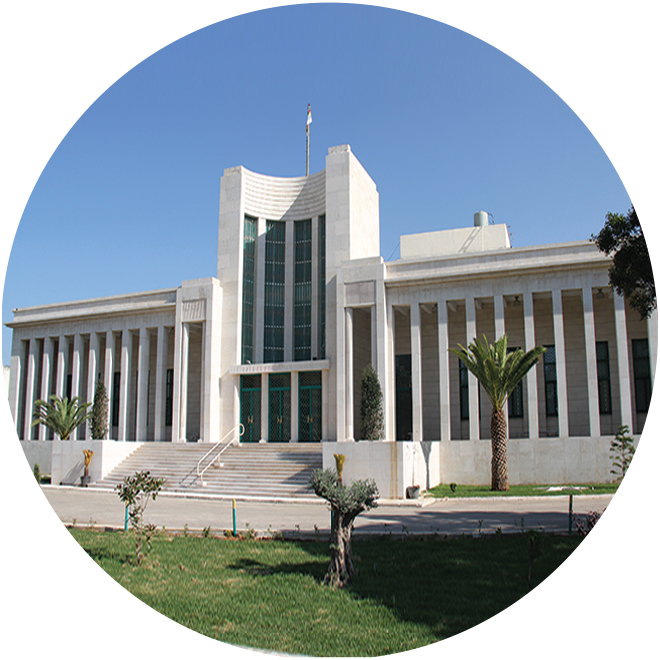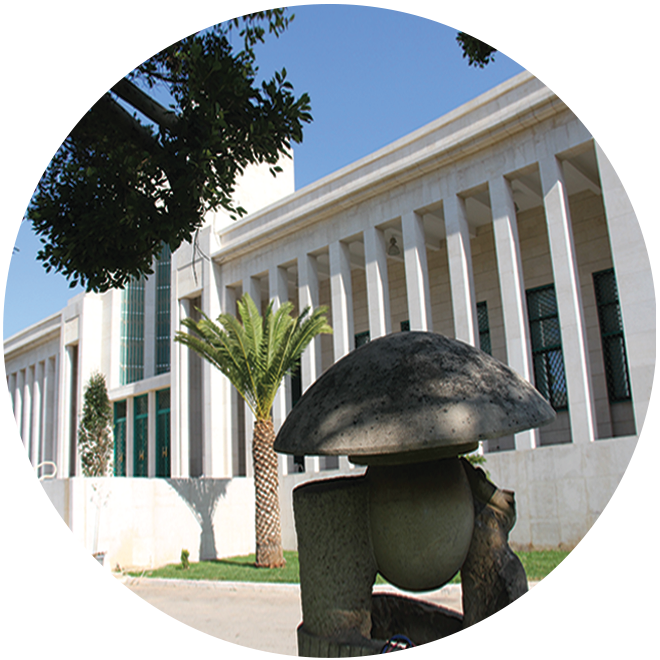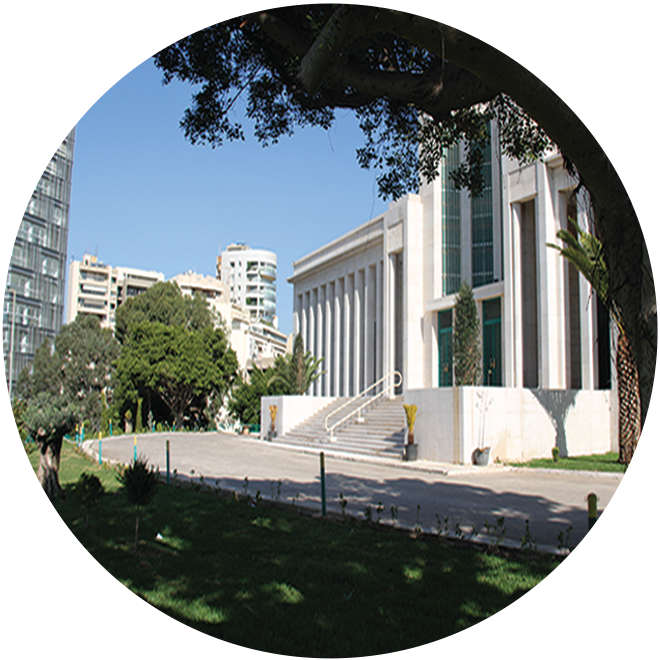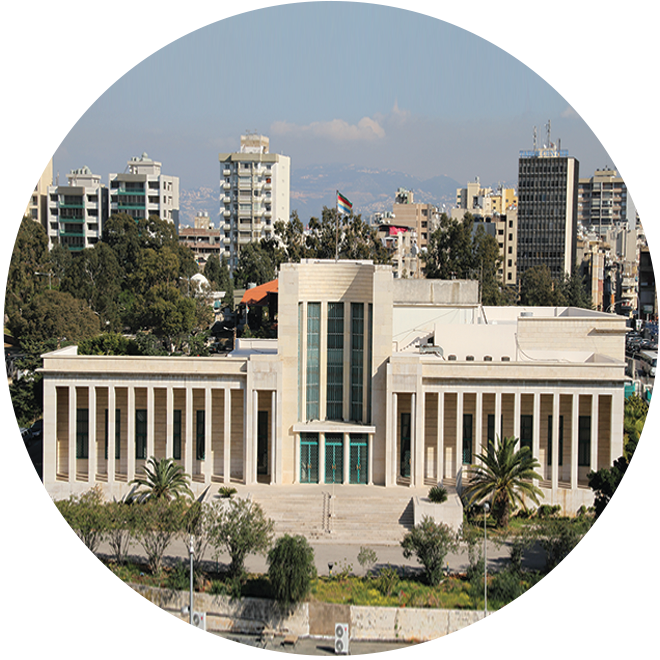A Research into Engagement among the Mouwahidoune Druze
The monotheistic (tawheed) doctrine regarded men and women as equal in rights and duties abiding by the rule that considers men as responsible for women; however, it encompassed women with a lot of caution that might appear as strict for her; whereas, in fact, Tawheed doctrine confirms with the Islamic Sharia on one hand and the original Arabian customs on the other; religiously, it reveals great concern for women so that she will not fall for temptations and sins that lead to committing adultery and lineage intermix. It also keeps pace with the Arabian customs which consider women the title of family, and, thus, the tribe dignity. Women have two contradictory faces: if she were righteous in manners and bringing up, the society would be virtuous; however, if she were ill-mannered, this would go beyond her to reach the society which would become corrupted. From this point of view, the Tawheed doctrine considered women of great value whose significance in society is not less than that of men, and should be treated with fairness and in equal terms with men.
“Engagement” is when a Mouwahid man seeks the approval of a Mouwahid girl, or of any of her custodians, to be bound together by legal marriage; therefore, in principle, it is a promise of approval that attributes to many meanings of which satisfaction and acceptance of the other partner remain the most significant. In other words, it is an introduction and a preliminary period for concluding the most critical of contracts, the marriage contract, as long as it deals with human life and fate.
Article (26) of the Personal Status Law of the Druze sect stated, “Each of the fiancé and fiancée could revoke their engagement at any point without any formal consequences being entitled to any special rights over one another. However, in regard of the gifts of engagement, if the fiancé was the one who broke off, nothing of what he gave to his fiancée shall be given back whether it was still present at the time of the breakup or not. If the fiancée was the one who broke off, she shall give back all that her fiancé gave her; if it were present, she shall give it back; if it were not, she shall give back a similar one or of its value unless there is a condition between them to work upon.
It is not halal (bidden) for a man to seek the approval of an engaged girl to marry him, as the Messenger (pbuh) said, “A believer is a brother of a believer. Hence it is not lawful for him to bargain upon the bargain of a brother, nor propose for (the hand of a girl) after the marriage proposal of his brother, until the latter (voluntarily) withdraws the proposal."
We know that engagement is nowadays taking place between a young man and a young girl who have met each other somewhere at the university, club, social event, or family visits; it occurs after the couple have befriended each other and had long evening conversations and discussions exchanging thoughts, upon which each becomes convinced of the other. Then, together, they start going on trips, enjoying parties, sharing social events, and doing many other things that contradict reason and religion; the concept of engagement has totally become misunderstood by many families.
How many engagements were revoked and the two parties become enemies; however, the girl is the most to be negatively influenced since such revocation imposes on her to wait so long until the coming of an alternative for her first fiancé. Young men become reluctant to be engaged to a girl who had been engaged to another, especially that he seeks someone who has never been out or in association with another man; thus, her bad luck might cause lead her sometimes to despair and introversion, and other times to rebellion and taking twisted choices as to compensate for the many unfulfilled hopes or to avenge from the merciless society.
Those in charge of the Tawheed doctrine wanted to ward off the bad consequences with the proper introductions in preservation of the Mouwahid faithful men’s and women’s dignity. Consequently, they adopted means of acquaintance that might appear weird in comparison to what is taking place nowadays between the two genders.
Based on the fact that the marriage contract is of the most significant and solemn contracts and that the speaking living being is of the uppermost and most exalted creatures and is Allah Almighty’s will of existence, the Mouwahidoune considered that the trustworthy Mouwahidoune, shall, before marriage, inform the fiancé about the fiancée’s status in regard of religion, reason, life, body, origin, morals, etc.. and to inform the fiancée, as well, about the fiancé’s status in regard of his religious and worldly situation, morals, poverty, wealth, ancestry, kinship, etc...
The trustworthy designated of the Mouwahidoune shall speak of both parties precisely, honestly, and sincerely without going too far with compliments or criticism.
As we notice, when engagement takes place between two parties in the manner stated above, i.e. without accompanying one another or going on trips or to parties together, and, for some reason it was revoked, then no harm will be inflicted on the fiancée’s reputation or her social status.
What we have mentioned might sound weird and unfamiliar nowadays, yet our pious Mouwahidoune still adopt this approach, and abide by all the traditions that keep them away from suspicion and accusation. However, others who cannot stand such strict conditions apply what they deem as appropriate in all matters related to marriage, and drift apart from the limits set by doctrine.
Nowadays, it has become habitual that a legal contract of marriage is concluded between the fiancé and his fiancée long before even deciding the date of their marriage. However, this contradicts the traditions and customs adopted because a fiancée is never halal (bidden) for her fiancé until the conclusion of their marriage contract which meet the legal requirements; thus, move into the marital house.
Today, how could we reconcile the monotheistic principles, virtues, and customs with the urban developments and problems thereto?
Dear Mouwahidoune youngsters, I address you with what is mentioned in the Hadith, “A man is the shepherd of his family, thus responsible for it; a woman is the shepherd of her husband's house and children, thus responsible for them. therefore, each one of you is a shepherd and is responsible for those in his custody."
Delivered on Muharram 6, 1430 Hegira – corresponding to January 3, 2009
Issued by the Bureau of Mashyakhat Al Aql
of the Mouwahidoune Druze Sect













